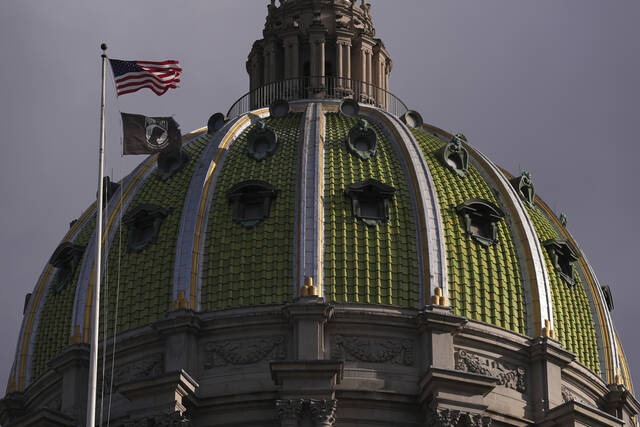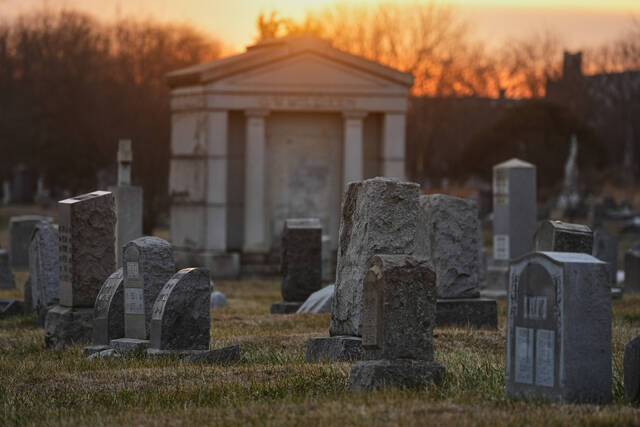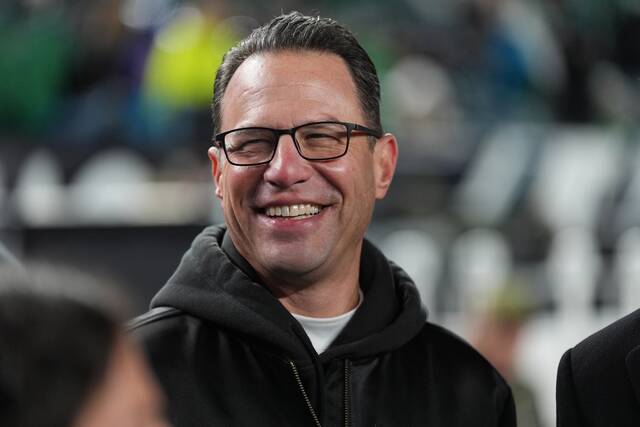The Democratic-controlled state House voted Monday to pass a transit funding bill, with support from several Republicans, that the legislation’s prime sponsor said could help stave off sweeping service cuts and fare hikes at Pennsylvania’s two largest transit agencies.
“If they become reality, these service cuts will hurt real people, destroy jobs and hurt businesses of every size, not just in my district, but in communities across all 67 counties,” state Rep. Sean Dougherty, D-Philadelphia, the bill’s prime sponsor, said in a statement.
The bill is similar to a proposal offered by Gov. Josh Shapiro in his budget address early this year. It would increase the share of existing sales and use tax revenues dedicated to public transit to generate about $293 million in new annual revenue for transit agencies across the state, while also including $325 million in additional funding for road and bridge work.
House Democrats said the bill also would require new oversight and accountability requirements for the Southeastern Pennsylvania Transit Authority (SEPTA) and Pittsburgh Regional Transit. Dougherty said he included the reforms, initially proposed by Senate Republicans, “in hopes of finding a way forward.”
The bill passed the House on a 108-95 vote and now goes to the Senate for consideration. Democrats hold a one-seat advantage in the House, while Republicans hold 27 of the Senate’s 50 seats.
Senate Majority Leader Joe Pittman, R-Indiana, posted on X over the weekend that the Senate would return to session on Tuesday. It has been on a scheduled break, though the governor’s office and leaders in the House and Senate have been involved in ongoing budget talks.
“On Friday afternoon, I left a meeting with Gov. Shapiro feeling like we were making significant progress on a full budget,” Pittman said in a statement Monday.
“Twenty-four hours later, (Shapiro) chose to set up a press conference focused on political rhetoric and (House Majority) Leader (Matt) Bradford scheduled a performance session that did nothing to advance a common-sense solution to help all Pennsylvanians,” Pittman added. “As a result, the Senate has been recalled for session on Tuesday to consider options to address the consequences of a budget impasse.”
In response to questions Monday, Shapiro’s office referred TribLive to the governor’s numerous public comments and social media posts on the issue over the past several days.
“My proposal to fund mass transit has passed the House four times. It’s time for the Senate to take it up for a vote and get this done,” Shapiro said in an X post Saturday, two days before Monday’s vote.
Critics equated Monday’s vote to political theater, arguing the legislation has little chance of passing the Republican-controlled state Senate and wasn’t agreed to by parties involved in the ongoing budget talks. The state’s budget impasse reached 42 days on Monday.
“You cannot budget in a silo,” House Minority Leader Jesse Topper, a Republican from Bedford County, said Monday on the House floor.
“This bill addresses transportation needs in the commonwealth, and that must be done in context with the entirety of the budget. We must get back into that negotiating room for a final product. The passage of this bill does not help one single, solitary soul,” Topper added.
Transit funding has been one of several key issues in the budget talks.
Adding a sense of urgency to that debate, SEPTA has said that without a plan for increased funding in place by Thursday, 20% across-the-board service cuts will take effect starting Aug. 24. SEPTA said it would eliminate bus routes with lower ridership and reduce the frequency of bus, trolley and rail services.
SEPTA would later raise fares, impose a hiring freeze and then, on Jan. 1, cut more service. After the second round of service cuts, SEPTA says it will have eliminated half of its current service.
As for Pittsburgh Regional Transit, in June it passed an operating budget for the 2026 fiscal year that addressed a projected a $100 million deficit by planning to deeply cut service, lay off workers and raise fares, starting in February.
“If the House bill (passed Monday) becomes law, the PRT board can reconvene to amend its budget and hopefully avoid some of the planned cuts and fare increases,” said state Rep. Aerion Abney, a Democrat from Pittsburgh’s Manchester neighborhood who also serves on the PRT board.
The Associated Press contributed.








